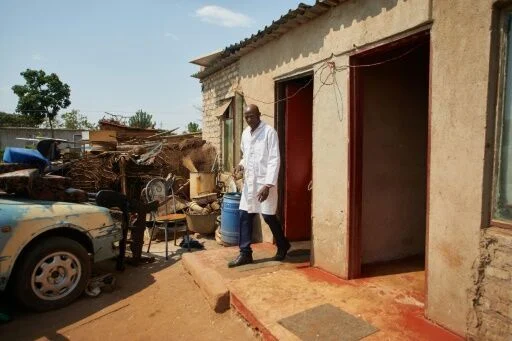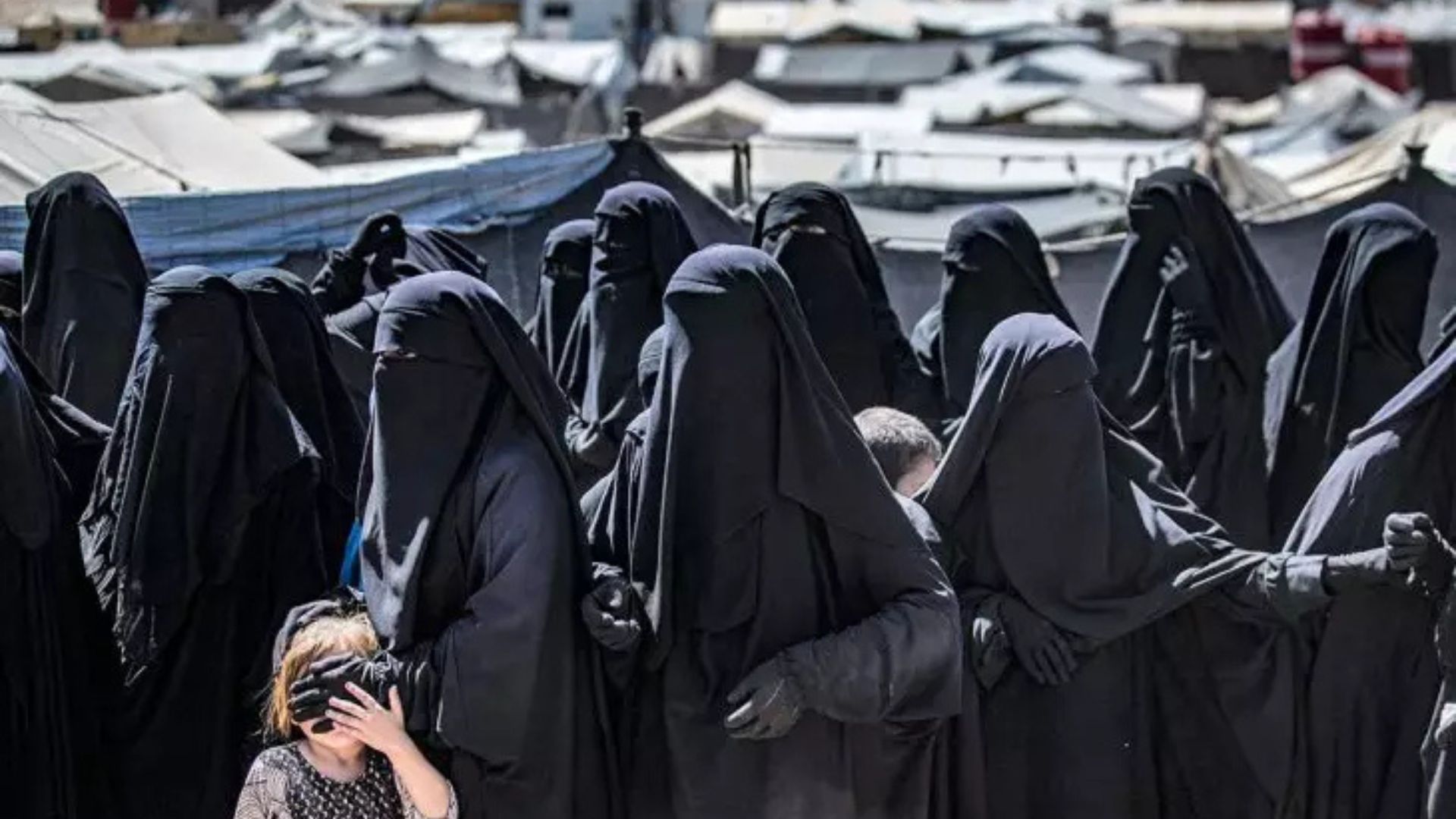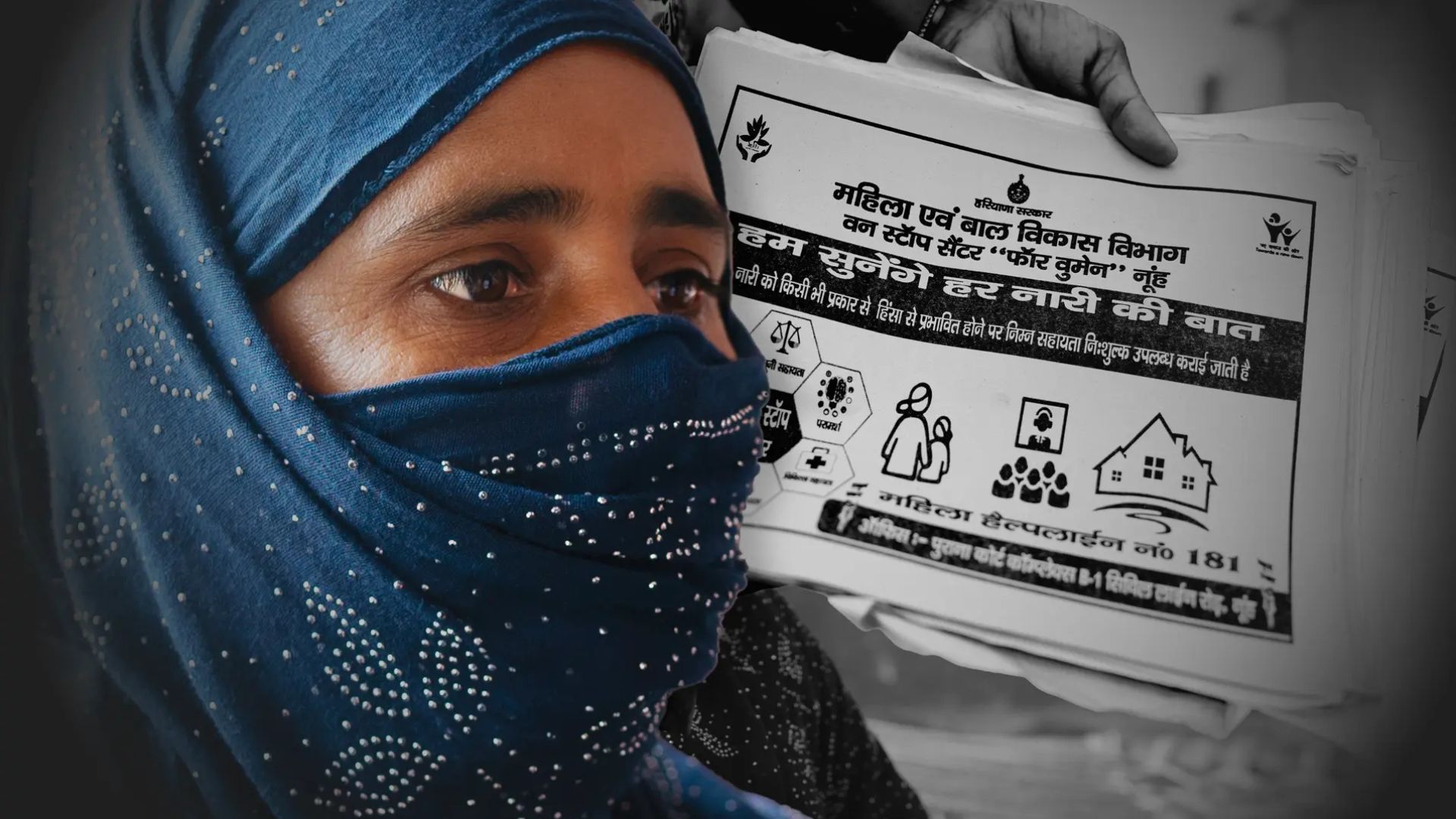


In Zimbabwe, a growing number of citizens have been turning to traditional herbalists for health care in the face of a collapsing public health system. Over the past several years, economic instability, political challenges, and the underfunding of the health sector have caused the nation’s medical system to deteriorate, leaving many Zimbabweans with limited access to quality healthcare. This dire situation has led to a resurgence in the use of herbal medicine, which, in many cases, has become the only viable option for those seeking medical care.
Zimbabwe’s health system has been struggling for years, with severe shortages of essential medical supplies, equipment, and trained healthcare professionals. Once hailed as one of the best healthcare systems in Africa, the country’s health infrastructure has suffered due to a combination of factors including hyperinflation, economic mismanagement, and a lack of investment. The government has been unable to provide adequate funding for hospitals, clinics, and healthcare workers, which has significantly undermined the quality of care available to the general population.
As a result, public hospitals are often overcrowded and understaffed, and many Zimbabweans have no choice but to seek care from private clinics, which are often prohibitively expensive. In this context, public health campaigns and essential medical services, including vaccination programs and treatment for chronic conditions, are becoming increasingly difficult to access.
The healthcare system’s decline has also been exacerbated by a brain drain of medical professionals. Many doctors and nurses have left Zimbabwe in search of better working conditions and higher salaries in other countries, further exacerbating the shortages of healthcare workers. This situation has left many Zimbabweans in a state of despair, often turning to alternative sources of medicine, such as herbalists, in an attempt to address their health issues.
Traditional medicine, which has always played a significant role in Zimbabwean society, has experienced a revival in recent years. For centuries, Zimbabweans have relied on herbal remedies, spiritual healing, and traditional practices to treat various illnesses. These practices are deeply rooted in the country’s cultural heritage, with many families passing down knowledge of indigenous plants and healing techniques through generations.
As Zimbabwe’s healthcare system has deteriorated, more and more people have turned to herbalists and traditional healers as an alternative to Western medicine. Traditional healers are seen as a more accessible and affordable option, particularly for those living in rural areas where access to hospitals and clinics is limited. Many herbalists offer consultations at a fraction of the cost of private healthcare, and their treatments are often considered by locals to be both effective and culturally appropriate.
Herbal remedies are typically derived from local plants, many of which have been used for centuries to treat a variety of ailments. These plants are often seen as more natural and holistic alternatives to pharmaceuticals, which are frequently unavailable or unaffordable in Zimbabwe’s collapsing healthcare system. For example, traditional healers may use herbs like Artemisia, known for its antimalarial properties, or the bark of the Baobab tree, which is believed to help with digestive issues and strengthen the immune system.
Herbalists have become a crucial part of Zimbabwe’s healthcare landscape, especially in the face of rising poverty and limited access to formal medical care. Many Zimbabweans now seek the help of herbalists not only for everyday ailments like headaches, coughs, and digestive issues but also for more serious conditions, including hypertension, diabetes, and even HIV/AIDS.
In rural areas, where the nearest clinic may be hours away, herbalists are often the first point of contact for people experiencing health problems. These traditional healers often have extensive knowledge of local herbs and plants and use this knowledge to create herbal concoctions, teas, and ointments that are thought to offer relief. For many, herbalists provide a sense of trust and reliability that formal healthcare providers, due to resource limitations, are often unable to offer.
The use of herbal medicine also aligns with a growing preference for holistic and natural treatments in many parts of the world, and Zimbabwe is no exception. As more people seek alternatives to the high costs and perceived inefficacy of Western medicine, herbalists are filling an important gap in the healthcare system.
While traditional medicine offers a valuable alternative for many Zimbabweans, it is not without its challenges. One of the primary concerns is the lack of regulation and oversight of herbalists. In some cases, unqualified practitioners can pose risks to patient health. There have been reports of herbalists offering treatments that are either ineffective or potentially dangerous. For instance, some herbalists may promote untested or harmful substances as cures for serious conditions, leading to adverse health effects.
In addition, the rise of herbal medicine has led to debates about the safety and legitimacy of traditional practices. Some medical professionals in Zimbabwe and abroad have expressed concerns that reliance on herbal treatments may delay individuals from seeking proper medical care, particularly in the case of serious or life-threatening illnesses. In some cases, herbal remedies may be used as a substitute for proven medical treatments, such as antiretroviral drugs for HIV, which can be life-saving. This trend has raised alarms among public health officials, who worry that it could contribute to a further deterioration of public health.
Another issue is the growing commercialization of herbal medicine. As demand for alternative treatments has increased, some herbalists have begun to market their services aggressively, claiming to cure everything from cancer to infertility. This commercialization has led to a proliferation of dubious practitioners seeking to exploit vulnerable individuals. While many herbalists operate with integrity, the lack of regulation in the industry makes it difficult to distinguish between reputable practitioners and those who are simply seeking to profit from the crisis.
Despite these challenges, there is growing recognition that traditional medicine can play an important role in the overall healthcare system. In Zimbabwe, there are increasing calls for the integration of traditional medicine with modern medical practices to provide a more holistic approach to health care. Some experts argue that combining the strengths of both systems could improve access to healthcare, especially in underserved communities.
There have been efforts to regulate and standardize traditional medicine to ensure that it is both safe and effective. For example, Zimbabwe’s Ministry of Health has established a Traditional Medicine Practitioners Council, which aims to provide oversight and training for herbalists and other traditional healers. This move is part of a broader initiative to promote the use of traditional medicine in a way that complements modern healthcare practices.
The hope is that by integrating traditional and Western medicine, Zimbabwe can build a more resilient healthcare system that meets the needs of its population. Such an approach would involve training medical professionals to recognize the value of herbal medicine and working with traditional healers to ensure that their practices are evidence-based and safe.
The turn to herbalists in Zimbabwe is a direct response to the country’s failing health system, which has left many without access to essential medical care. While traditional healers have played an important role in Zimbabwe’s healthcare system for centuries, their increasing prominence underscores the urgent need for comprehensive healthcare reform. The government must address the systemic issues that have led to the decline of the public health system, including chronic underfunding, the exodus of healthcare workers, and the lack of access to essential medicines and equipment.
At the same time, the resurgence of traditional medicine presents an opportunity to explore new ways of delivering healthcare. By integrating traditional and modern practices, Zimbabwe could create a more inclusive healthcare system that is better equipped to serve its people. In the face of adversity, the country’s turn to herbal medicine is a testament to the resilience of its people and their determination to seek care despite overwhelming challenges. Ultimately, a holistic and inclusive approach to healthcare, one that combines the best of both traditional and modern medicine, may offer the most sustainable solution to Zimbabwe’s ongoing health crisis.















